On Thursday, May 15, Penn’s School of Social Policy & Practice (SP2) hosted its second annual Celebrating Partnerships and Student Impact event.
The event brought together SP2 master’s programs and their community partners from Greater Philadelphia area schools, faith-based organizations, charitable foundations, and more. Attendees gathered on campus to celebrate the collective impact of the year and honor award winners, who are listed below.
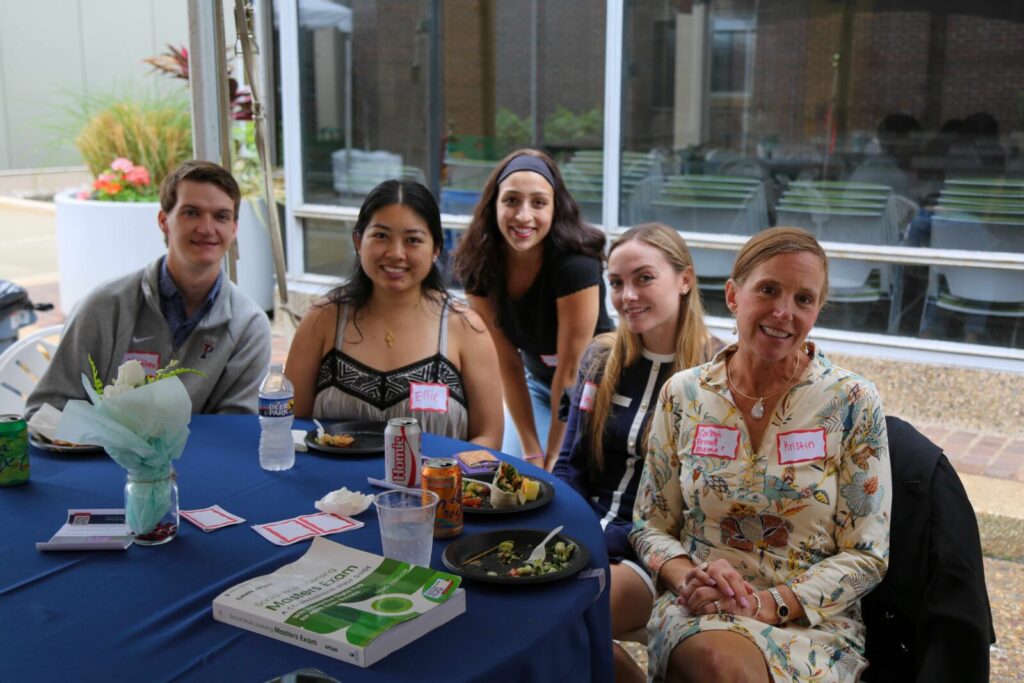
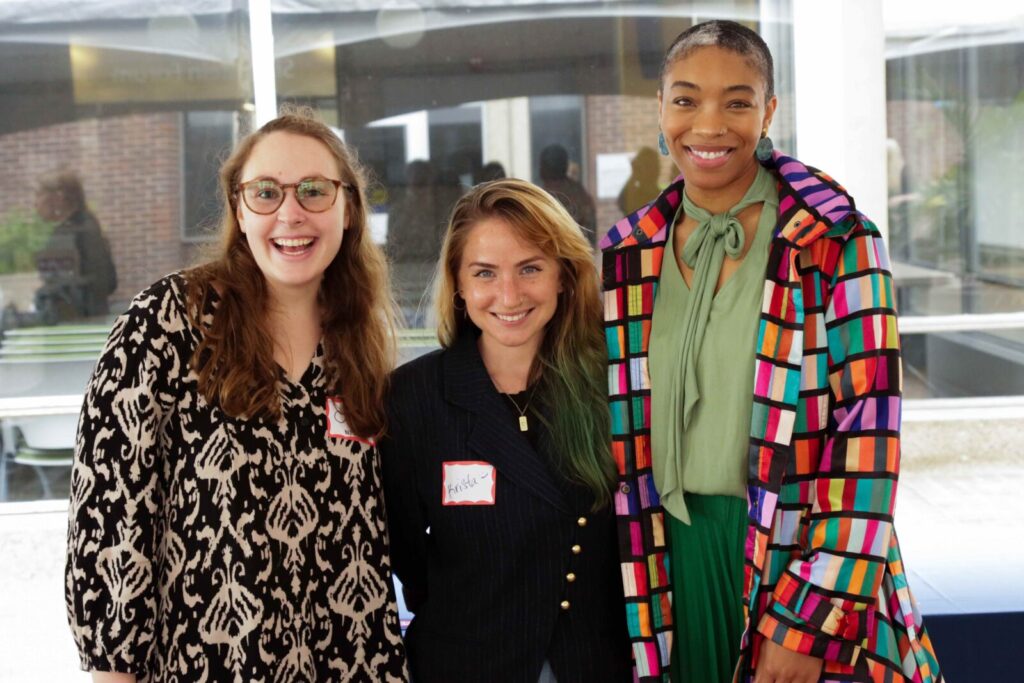
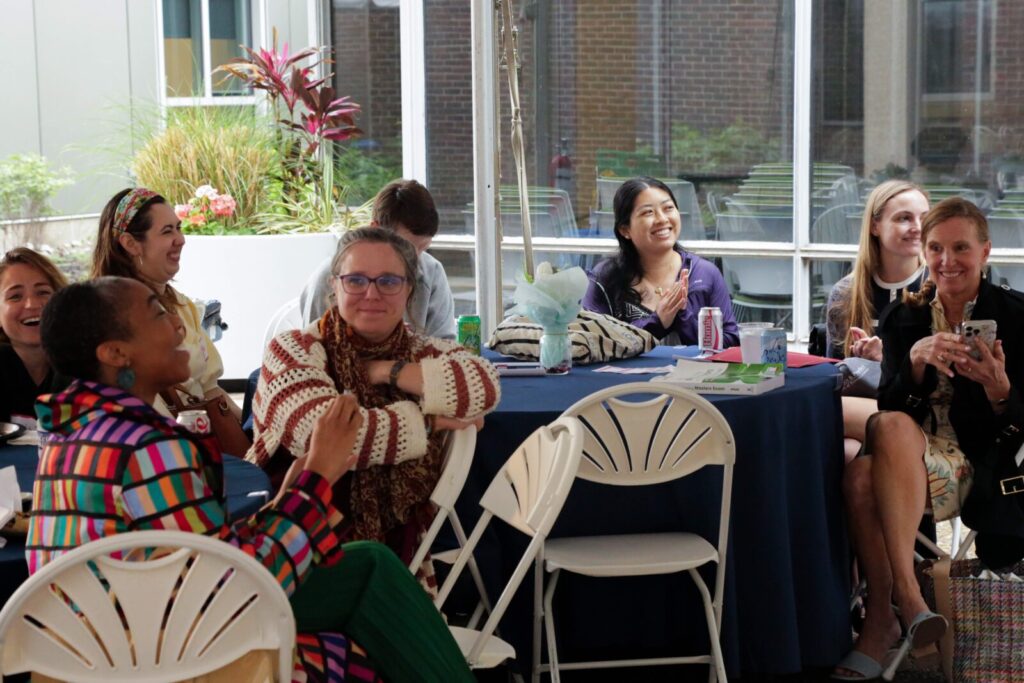
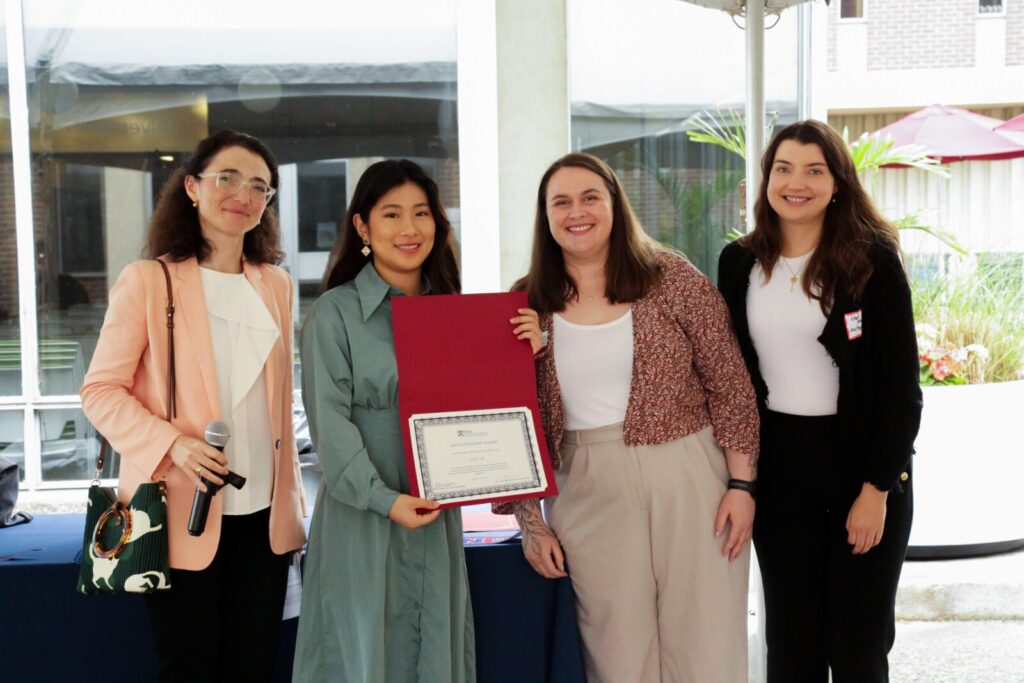
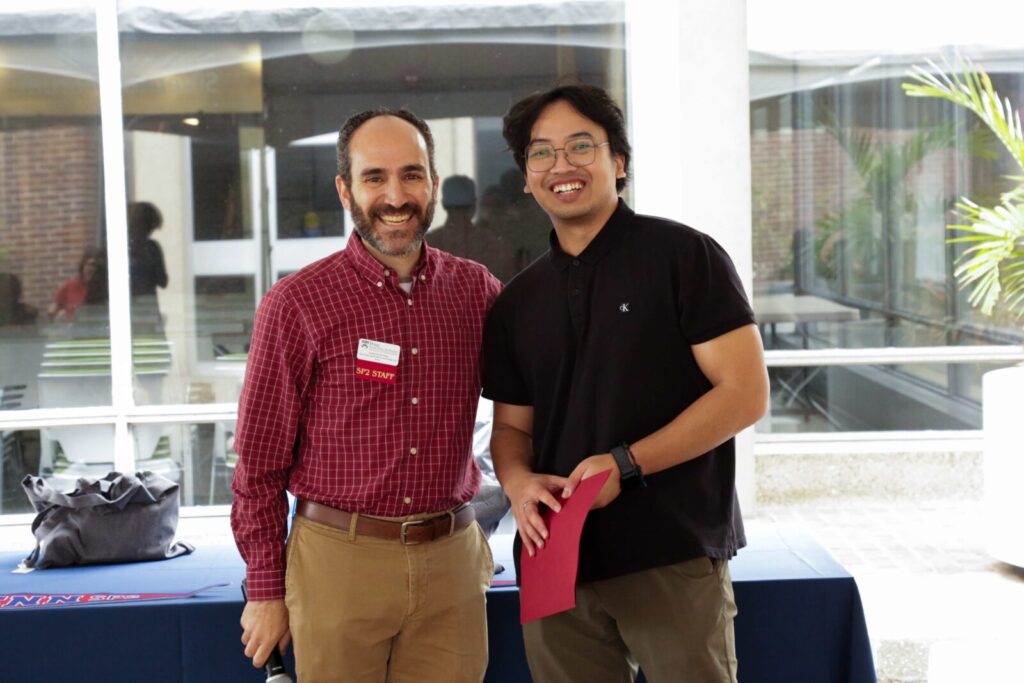
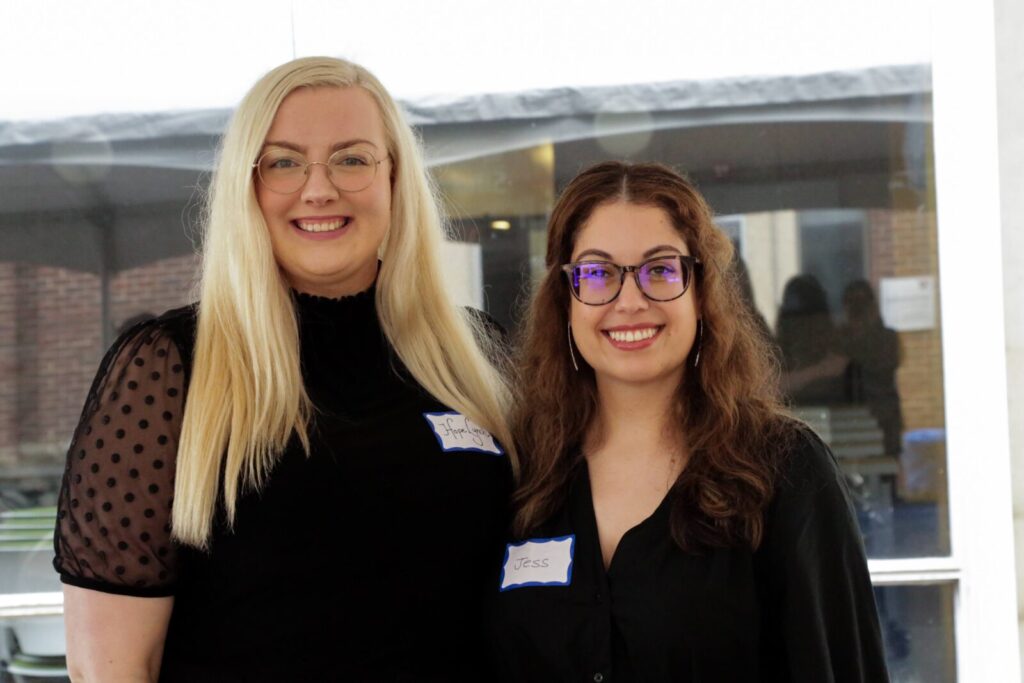
Master of Science in Social Policy (MSSP) Awards
MSSP Student Awardees
Nominated by their internship supervisors for exemplary and outstanding work
- Wenxuan Dai
- Leaf Ye
MSSP Internship Partner Awardee
Nominated by their intern for supportive and exceptional mentorship
- The Economic League of Philadelphia
Master of Science in Nonprofit Leadership (NPL) Awards
NPL Leadership Practicum Prize Awardees
Nominated by their practicum mentors for exemplary work
- Agung Prakoso
- Kerrin Lyons
- Krista Smith
- Olivia Beres
NPL Mentor of the Year
Nominated by their current practicum mentee for providing exceptional guidance, support, and development opportunities
- Leone Jackson
Master of Social Work Awards
MSW Practicum Awardees
Honored for exemplary performance in their practicum placement site and for demonstrating a commitment to social work values and the greater good
- Full-Time: Carley Sweeney
- Part-Time: Julianna Keegan
- Advanced Standing: Hope Lynch
MSW Practicum Partner Awardee
Recognized for outstanding performance, dedication, and impact on MSW students placed at their organization
- Youth Sentencing and Reentry Project